Dear Friends and Partners
It was 1985, and it was raining. Hard. And spitting snow. Kneeling in the muck on a slope so steep that as I knelt, my feet began to lose purchase on the ground and I quickly reached into my near-frozen bag of trees for a Douglas-fir seedling. I put aside my hoedad, the trademark tree planting hoe that would become my indefatigable iron partner over the next few weeks of late May, and excavated my rock strewn hole by hand to ensure that the long roots of my 2-year old seedling wouldn’t go in with the shape of a “J.”
My hands were frozen. My knees were frozen. I was soaked to the skin. We were on the exposed and raw ridge of a mountainside that reared up straight up out of the Salmon River canyon, 3500 feet above the snowmelt torrent of the Salmon. The ridges were still streaked with winter snow, even though June was just around the corner.
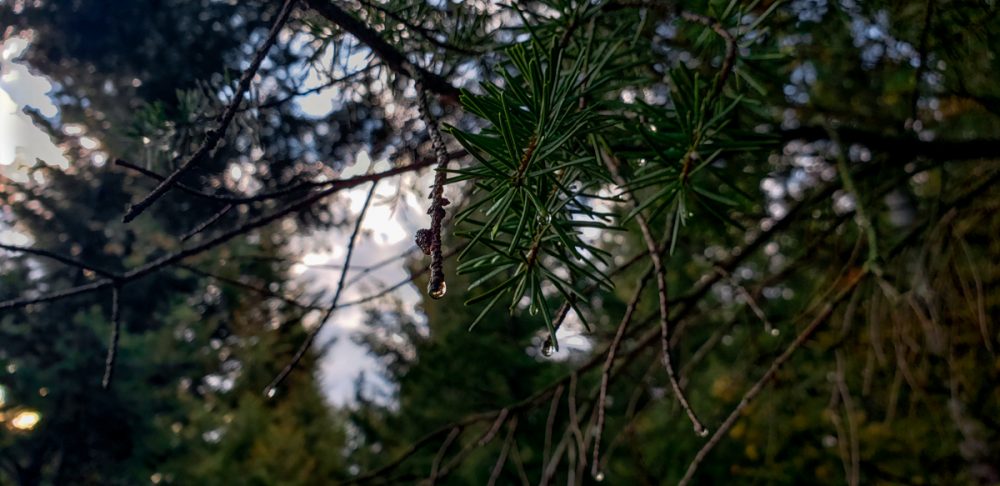
Brutal wet winds further drove the cold into my skin and bones, confirmation of my current near-hypothermic situation. I couldn’t eat enough calories for lunch to keep warm, and the campfire my other crew members started barely began to thaw my numb fingertips. I didn’t know enough to bring the 4 pairs of gloves they had. I only had the one pair, and they were so wet and frozen that I could wrench water out of them.
I was miserable.
And at the same time, I thought I had just gone directly to heaven. All of it was paradise for me. Through the clouds, we would see blue sky windows with snow clad peaks of the high Lemhi mountain range, cresting at nearly 12,000 feet. Wild herds of elk and bighorn sheep shared the hillsides with us. Golden eagles and hawks seemed as common as songbirds. I could feel and smell the essence of untrammeled wilderness. And I could hear almost nothing.
Except the sound of distant rivers, creeks. The occasional cry of a hawk. And wind whistling over the ridges.
If I wasn’t so happy, the silence would have been unsettling. But as it was, I felt like I’d come home.
I had just finished my Associates of Applied Science in Forestry. Only 10 days ago, while trying to desperately pay for my first Forestry degree by washing dishes in my school’s mess hall, I grabbed a phone call from the only student-accessible phone in the entire facility.
It was a single payphone that hung on the wall in the long corridor of the State Forest Ranger School, smack dab in the middle of the 6 million-acre Adirondack Park, the largest piece of State and private forest “park” reserve in the world. Sure, it was only 7 hours away from New York City, but the remote and wilderness setting of the Ranger School boasted one of the oldest Forestry curriculums in the nation, founded when Gifford Pinchot, the first head of the United States Forest Service, coined the doctrine of “Sustained Yield Forests.”
The decision point that led me to choose this school over any other in the U.S. was the manifest of their requirements for attendance. Sure, there were academic prerequisites that needed completion. Trigonometry. Biology. English Comp.
But it was the list of non-academic requirements that got my attention: Snowshoes. Preferably Green Mountain Modified Bearpaw. Maine or Michigan snowshoes were not recommended (they were too long). Single bit axe. 2-pound head, minimum. Collins or Plumb recommended. Canoe paddle. Lake canoe or flatwater paddle recommended. Plastic not allowed. Compass. Suunto Type 15T Ranger recommended with gunsight pointer and declination setting for quick orienteering in thick forests.
There were a few other things. But practical pieces of equipment, well, if the school required those items, we’d be using them. And they were the signature tools of a trade that I would be most at home with. I was a different sort of kid, and my parents knew it. I’ve always loved the woods, the wilderness. It’s not that I didn’t like people—I loved them. I just loved both.
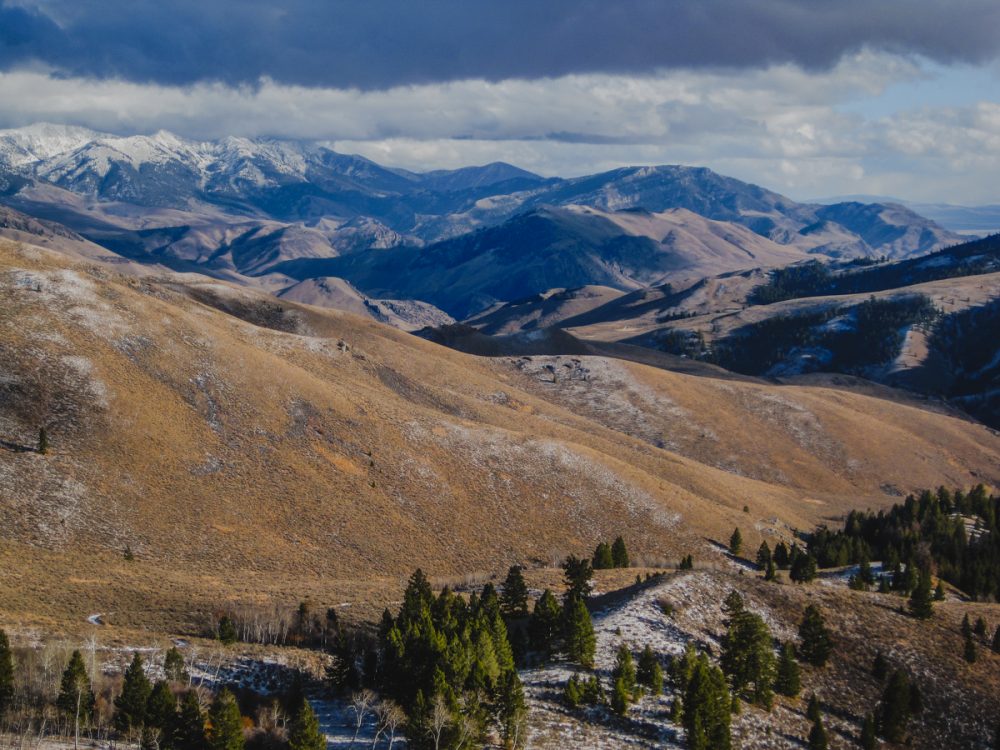
“Elzinga! Phone!” a distantly echoing voice yelled.
I was hoping it was a girl on the other end of that line. Well, just one girl in particular, really. One named Caryl that I had been exchanging letters with—a midwestern farm girl who was enrolled in a graduate program studying botany and plant ecology at the University of Michigan in Ann Arbor (I ended up getting more than one phone call from her; and now, nearly 35 years later, I’m happy to call her my wife).
But this time, it wasn’t a girl. It was one Mike Vallance, District Forester for the Salmon, Idaho Bureau of Land Management.
“I’ve gotten your application, Glenn. We have a technician job here out of our office. You scored pretty high. I have a few interview questions for you, if you have a minute.”
I wiped my soapy hands on my food-stained white apron and turned around to scan for waiting classmates. Often there was a line at this old-fashioned telephone, the only student phone at our Adirondack school. Sure, the faculty and admin office had one, but for a mere plebe, the payphone was it.
There was no other easy way for contact with the outside world. Personal vehicles weren’t permitted at the school, of which half was a dormitory (there was no place else to live). It was a three mile walk to the nearest tiny hamlet, where many of us 55 Ranger School students rented parking spots in a swampy lot cleared out of the boreal forest brush of birch, spruce and fir.
So, the phone was a contested spot. Peer pressure created limits were strictly enforced. The redneck culture that prevailed with many of my rough timber, woodsman and logging culture classmates wouldn’t put up with phone hogging.
But I was good to go. No line.
“Go ahead, Mike. I’ve got time.”
And so commenced an interview that sounded like some sort of dream to me, especially since I’d been brought up living in and around woods and wide open spaces. Mike described the wild and big-mountain setting of a place I’d passed through on various several month long-hiking forays through the northern part of the Rockies, and that I’d be working on a timber planting, thinning and stand exam crew for the summer.
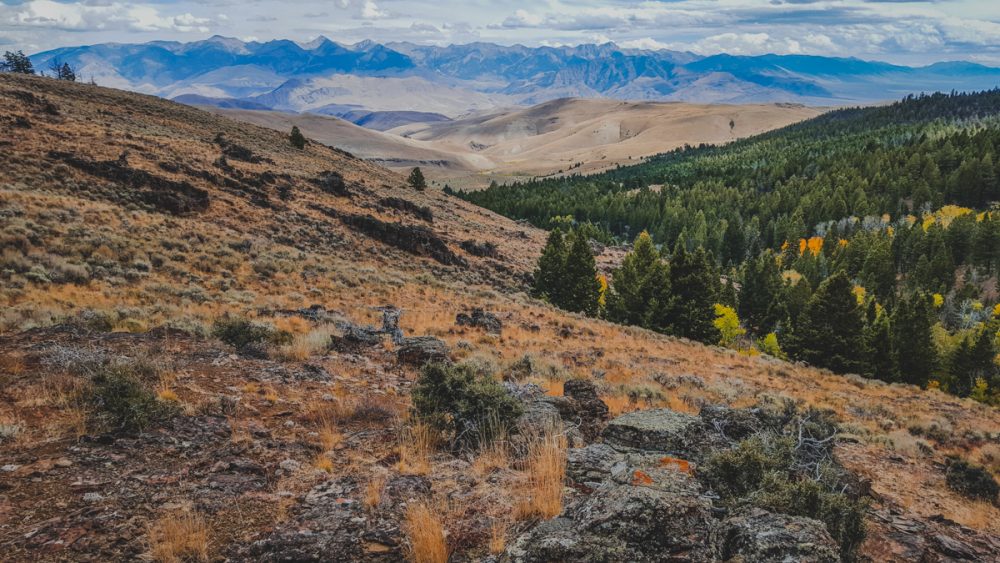
I tried to contain my excitement, thanking him effusively for the shot at the job, and went back to my dishes. The mess hall supervisor, an imposing woman named Mary, was waiting for me in her spacious and stained apron with her hands on her big hips.
“What’s up, Elzinga?” She didn’t take any prisoners, and I knew it. Working in the kitchen for tuition cash was a privilege that I had to jostle for, and she knew it. Furthermore, she knew I needed the income.
“Job interview, Ma’am.”
And her own wall-mount phone on the far side of the kitchen, the one she placed mess hall orders from, saved me by its bell.
“Get back to work.” She whipped around to pick up the ringing phone, apron following her in a surprisingly graceful spin, disallowing me the chance at a reply.
Unperturbed, I worked happy and hard on those dishes. I couldn’t believe my luck at getting that interview! When I filled out that application in January, I knew it was a super long shot.
My mess hall job was the big conveyor dish machine. It was noisy, hot and wet. It was a pretty good job when it was 40 below zero outside. After a long day in the timber on snowshoes doing school practice forestry cruises in that kind of cold, that dish machine was a kind of respite to get my skinny beanpole frame bones warmed up again. But on this day in mid-May, I would have much preferred the outside job. The spring days were long and glorious—except for those pesky welt-inducing blackflies that typified the northern and boreal forests all the way to the Arctic. The snow finally came off at the beginning of May, and trees were budding and blooming with abandon.
After pulling my second rack of hot dishes off the conveyor, I again heard yelling from the dining hall. In a moment, mess boss Mary came strutting in. She was indeed intimidating. She had to be at least 6 feet in height, and she outweighed me with her buxom figure.
Not happy.
“Elzinga. That payphone again.” It was only 15 minutes since my last call. I guess I couldn’t exactly blame her. She paused with piercing eyes to underscore her next point and then spoke slowly and clearly: “Don’t make a habit outta this.”
“Thanks Mary!” I started running for the phone, feeling her glare follow me.
I snatched the dangling from the wall payphone handset after the 50-yard dash down the long hallway, and breathlessly said, “Yeah?”
“Glenn. This is Mike Vallance again, calling from Salmon, Idaho. I just wanted to call you right back, ’cause after calling some of your references we just figured we had to offer you the job. One condition, though. You need to be here in 10 days. What’s your answer?”
I didn’t even think. About logistics, money, travel or anyone. Sadly, my ADHD mindset didn’t even think about the girl (I did after I hung up). I just simply, easily as if it was breathing, said “YES!”
I fairly skipped back to the kitchen. Big Mary was waiting for me at the entrance to the dining hall, hands on hips. Tough customer. She’d been around these lumberjack redneck backwoods kids in red flannel shirts, jackboots and torn black pant cuffs for too long. She was becoming one of them, I thought.
I stopped but couldn’t contain my smile. I really tried, but even her commanding self could not quell it.
She was facing me, ten feet away. Imposing. In the doorway, blocking entry back to my workspace. The other kitchen workers had stopped working too. All were seeing what was gonna go down.
She spoke first, deadpan. Monotone. “Did’ya get it?”
“Get what?” I asked. She couldn’t have known. I had said nothing about the second phone call. For all she knew, it could have been the IRS trying to track me down. I stopped grinning as my slow, early twenties male mind tried to grasp the nagging notion of the subtle.
I thought I saw her face change a little. A tiny crease of a grin, a lightening of her eye replaced my long-lost grin. Then, as quickly as it came, it was gone. She spun around on her heel and yelled to everyone to “get back to work!”
And slowly, as I worked, returning to the steam fog of the dish machine, the fog in my own mind cleared to a windowpane clarity: Mike Vallance of the Salmon Idaho BLM Forestry Office had talked to my job references.
And Mary Hooven, State Ranger School Forestry Program Mess Hall Supervisor was on top of the list.
Raising my head from the job at hand, I slowly turned from the fog, the noise and the heat of the unrelenting dish machine and looked across the room. She was waiting for me. Watching. Our eyes locked and caught across the din of the busy kitchen.
I grinned enthusiastically through the mist, nodding my head.
Her busy hands stopped preparing the next meal. She began to smile too, broadly now and returned an almost imperceptible nod.
And I knew it was her way of saying, “Well done.”
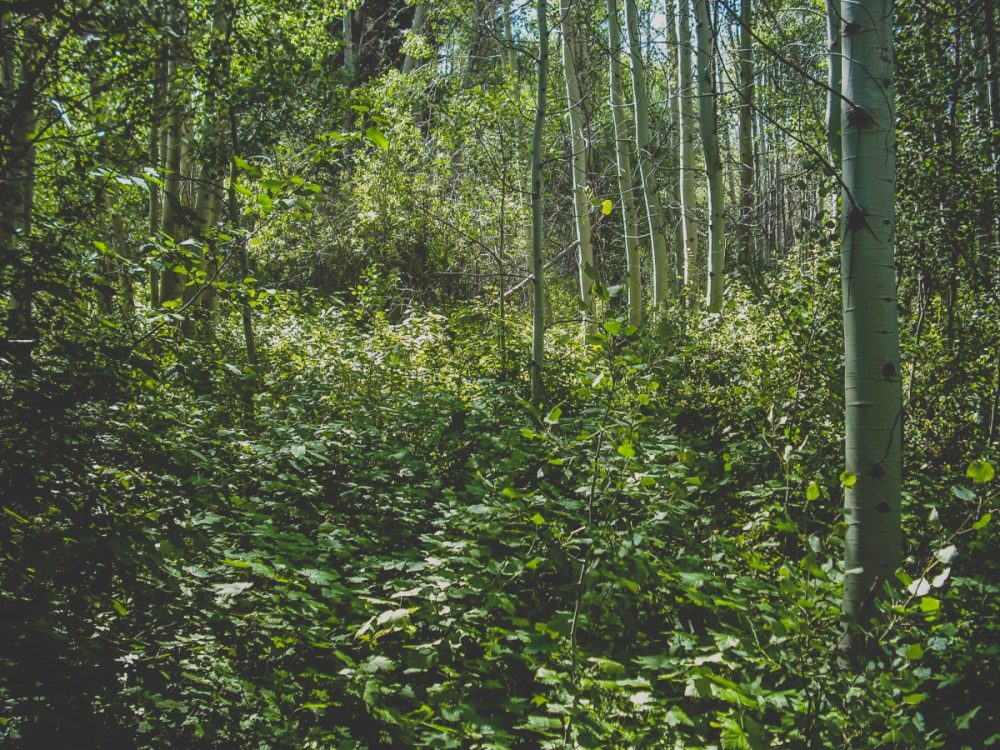
Spring had finally sprung in the Salmon River mountains, and the timber crew had wrapped up the tree planting project and had shifted gears into the process of stand exam. It was regeneration surveys for us, and this simple inventory was created to categorize forests with regard to their “sustained yield” status. In other words, if timber had been burned or harvested off these mountains, we were sent in to quantify whether reforestation efforts were needed.
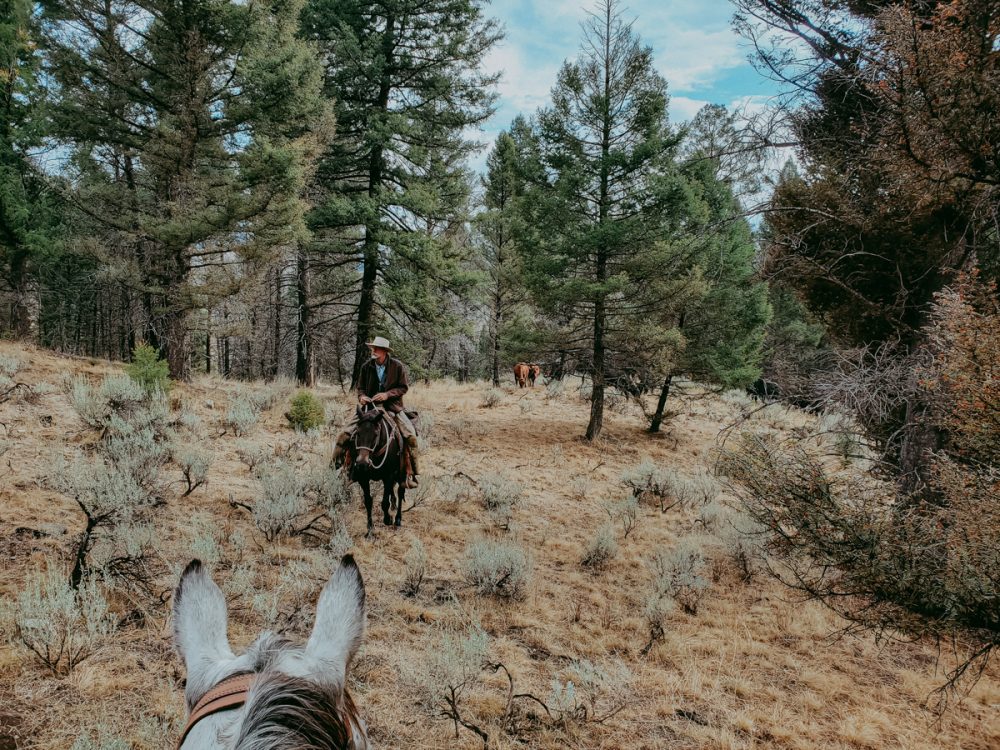
It was beautiful work, as we got to see so much wonderful country. One remarkable stroke of luck was that I had another Ranger School grad, Jeff Zaremsky, oftentimes on my crew. He shared in my zeal and pleasure with the great job we had landed!
One early week in June, we crested the Salmon River mountain ridge we had planted on several weeks earlier. We had been hiking all day though mixed forest stands, evaluating them for forest health along the way.
And we were met with an unforgettable view. It was a view of undulating stands of timber, lakes, canyons and valleys that went on for miles. I couldn’t see any sign or notion that mankind had been there anywhere, even to the horizon punctuated by the imposing massif of Taylor Mountain, still mantled with snow above lake-dotted alpine cirques.
It was breathtaking.
I remember thinking it would take a lifetime to learn the entirety of the wide expanse of that country.
Little did I know then that I would spend a good part of a lifetime learning all of it. Because the vista I saw then back in 1985 is none other than the very country we range our beeves in over the course of the summer season. Maybe it was destiny even then, starting with Mary Hooven.
Indeed, we are blessed.
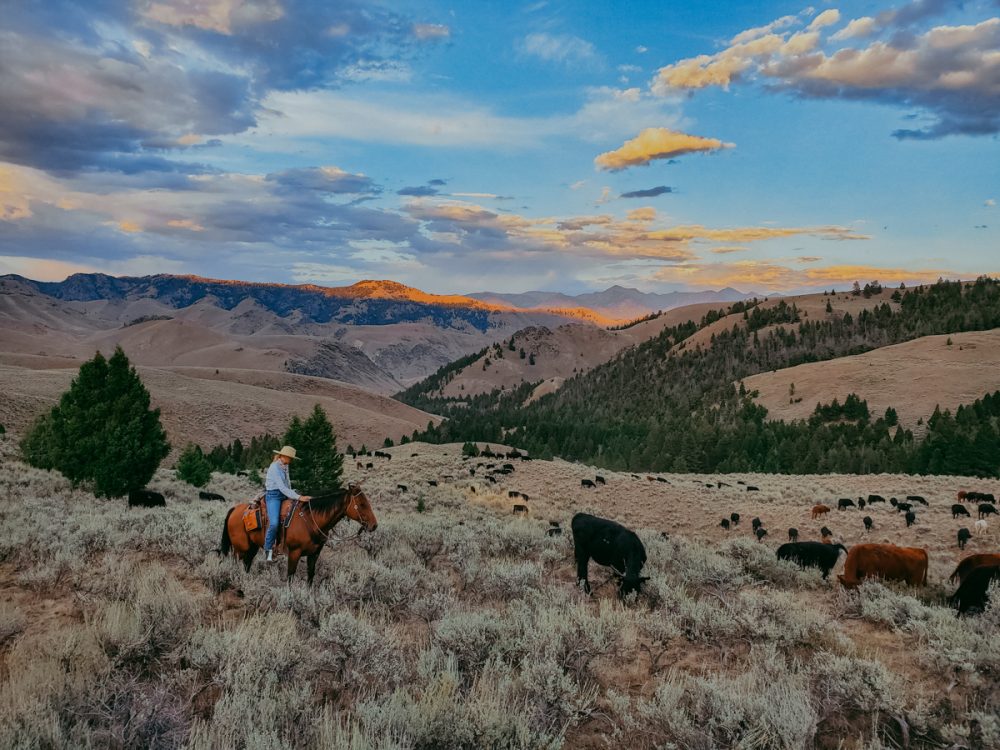
It’s Hat Creek. And I’ve gotten to know trees and even certain rocks by their unique characters. I know how a canyon creates shadow in the morning. And how that is vastly different at night. I know where the beavers make their living, and where the rare Dolly Varden trout imbibe their waters. I know nearly each ashy hill on which the wavy leaf thelypody lives, and that of the curl-leaved mountain mahogany.
I have learned it on the back of a horse, the only way to bring human to such an understanding of country.
And now, my daughters, my girls are knowing it better than I. They ride horseback in beauty on a landscape that is written not only in their memories, but their hearts.
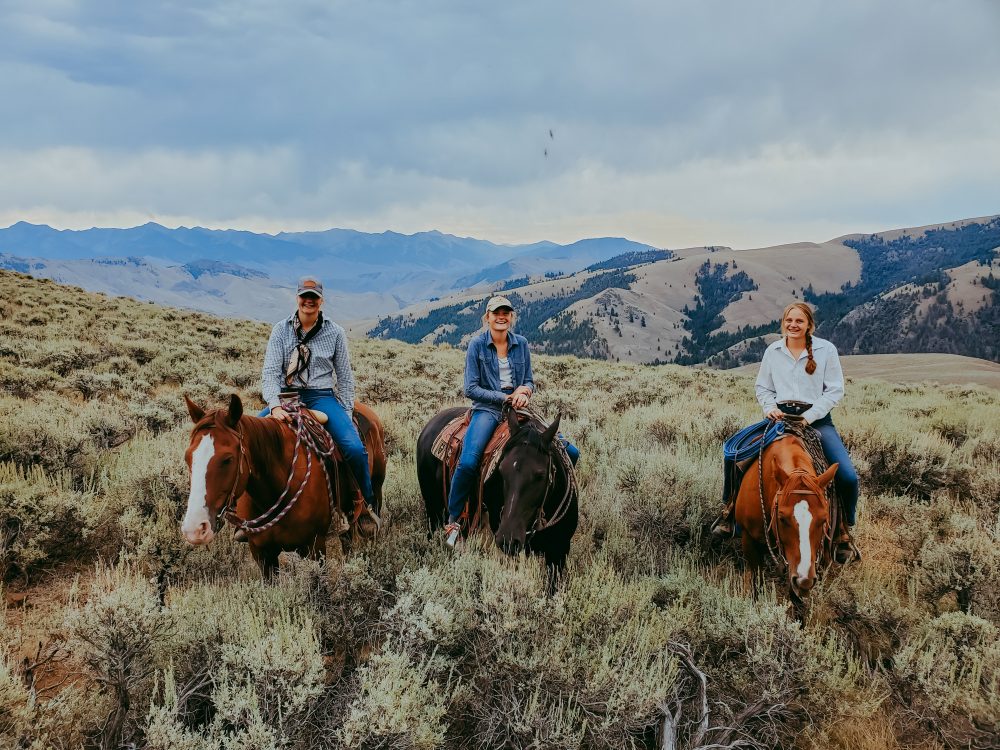
And if they leave, or choose to do something else, what they have already done is good enough for me. I know I will have succeeded, because they will always carry the signature of the beauty in the Earth on their hearts.
Happy Trails.
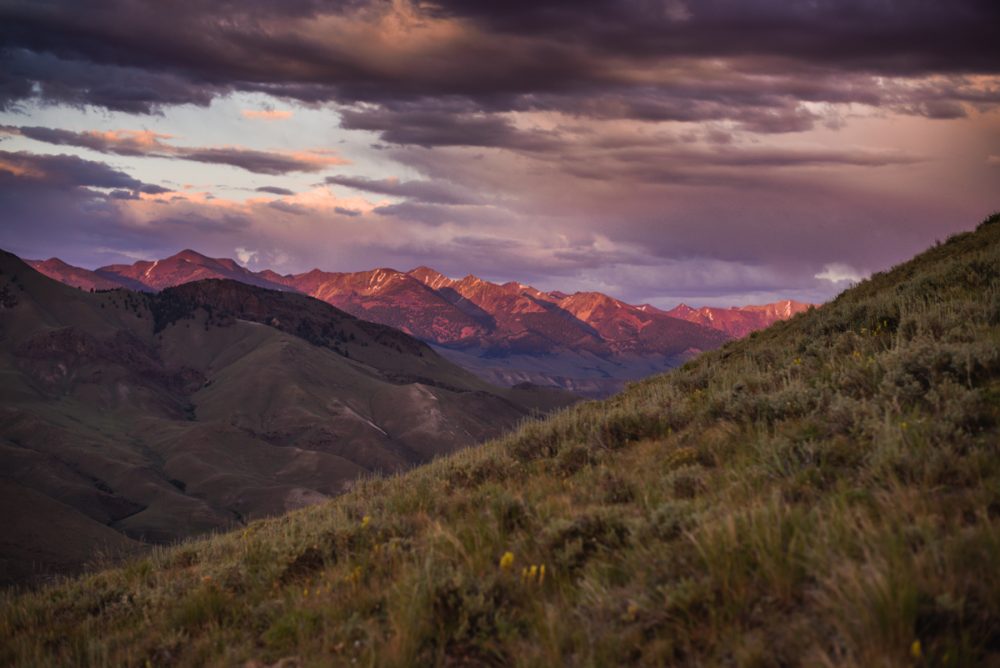


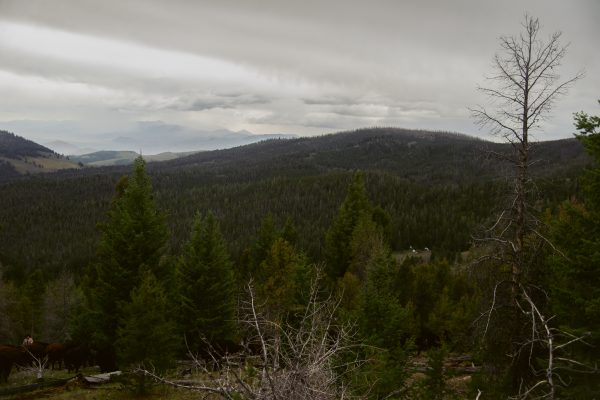



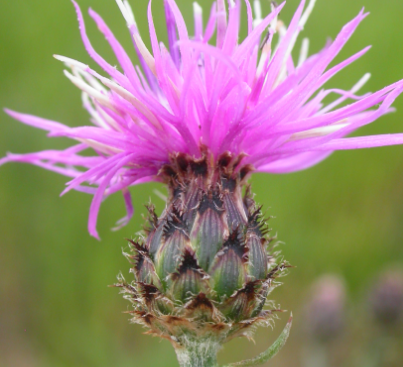
AK Joe
Absolutely beautiful! We’ve been saving and printing out your weekly short stories. Would really like to see them all in book form – if you ever get a round tuit. ; )
Caryl Elzinga
Thanks! Someday..maybe..hopefully! -Glenn
Sharon Sweas
I absolutely love your stories!! Thank you so very much for sharing your experiences.
Caryl Elzinga
Thank-you, Sharon! I know you have been reading my stuff for a long time, and I’m grateful! -Glenn
Bruce Miller
I still cherish the years I spent in that beautiful country, and I miss you and Caryl and others. I left there 34 years ago and it is still my favorite place I have ever been. Thank you for the blessings of love and friendship and for the lessons in living a life as beautiful and natural as the place where you live. Bruce
Caryl Elzinga
Miss you too, Bruce. Caryl keeps up with you guys a little watching on Facebook. If you are ever back up here, let us know. We’d love to see you! -Glenn
Buddy Smith
This flat land, Black dirt , central Tx. man sure likes your stories!
Caryl Elzinga
Thank-you, Buddy! I hope to spend time in your country someday. -Glenn
Eileen T.
Wonderful stories and writing style. They’re good enough for publication in a collection of stories.
Caryl Elzinga
Thank-you, Eileen! I would enjoy writing a book someday…maybe when my kids start telling me to retire! -Glenn
Jeff Zaremsky
Good memories of a great school & a great forestry job.
It is also worth mentioning that on our way out to Idaho we stopped to see “that girl,†Caryl.
It is really miraculous that out of only 40 students in the whole school that 2 of us ended up at the same tiny town among only 7 people hired that summer for that small BLM department with Mike V., 2,500 miles away from our school, at a location which I had not even applied to.
It was a good thing for me that we both ended up in Salmon because I had no money (also having to worked for Mrs. Mary in the kitchen to pay my tuition). If it wasn’t for your car & your willingness to let me drive with you I have no idea how I would have gotten there.
It is too bad this message board does not take pictures or I would post some interesting ones from back in the day.
Caryl Elzinga
I think I am grateful that you can’t post pictures, Jeff! Great memories. -Glenn
jeff
🙂
Cindy Salo
Thanks for the lovely, joyful post! (I’m still worried about Allie.)
Cindy
Caryl Elzinga
Allie is fine 🙂 Still staying close to home! -Caryl
David Jensen
Glenn, this is truly an amazing story. Full circle indeed! Someday I’ll get to ride and work along side the beautiful Elzinga Family! 🌞 There’s something about being on the back of a horse in the mountains and a good days work. Blessings to you all.
Caryl Elzinga
David. I would love to ride with you. I wish there was a way; I feel like there’s so many friends to be made out there. Thanks for the kind words.
-Glenn